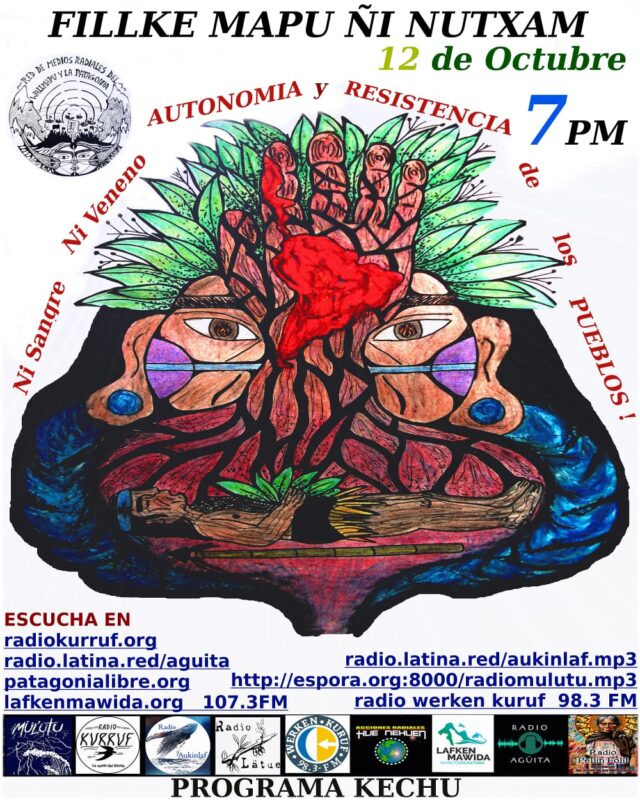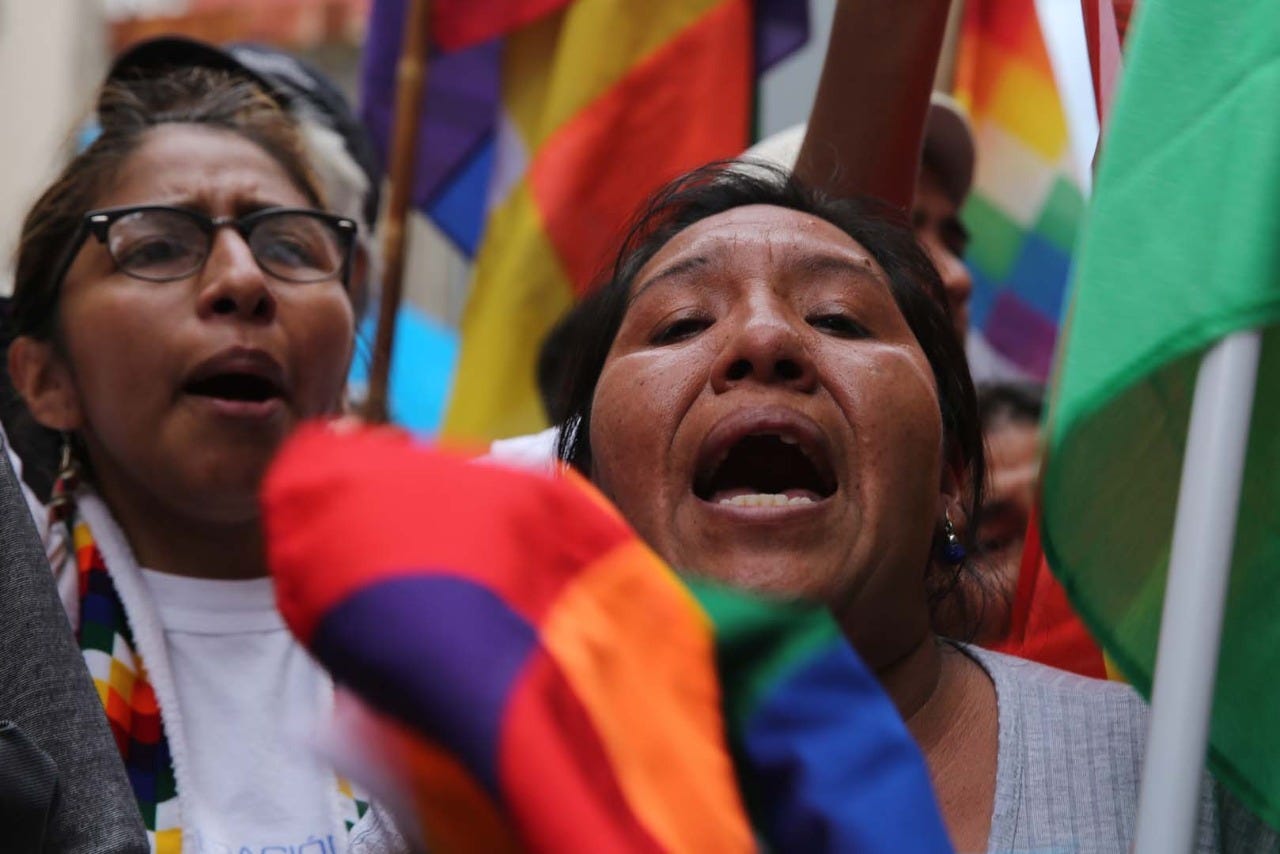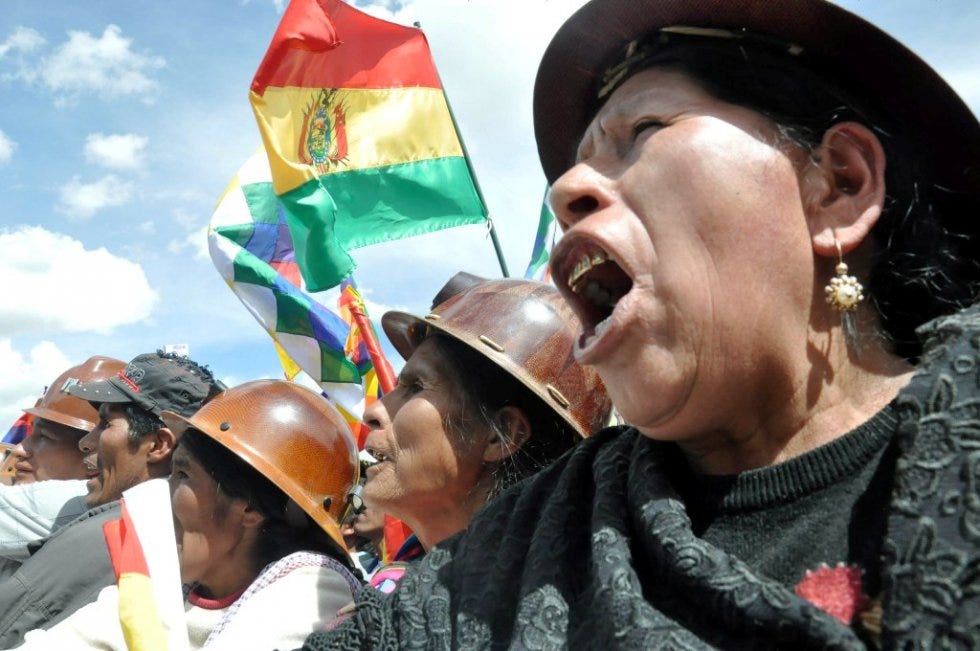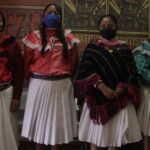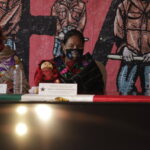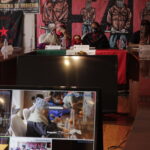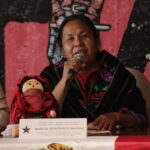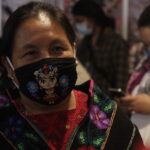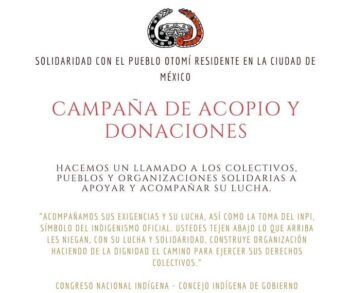Un recorrido que conecta siete años, incontables contrastes, y la determinación de un pueblo.
Por Lautaro Rivara
Visitamos Chile por primera vez en el año 2013. Un viaje intenso pero mínimo. La inevitable parada en los mil laberintos de Valparaíso –“la novia del océano” como la llamara el poeta-, su selecto y bohemio olor a orines, el intento tráfago cultural y sus cerros maravillosos, casi volcados sobre el Pacífico incluyendo, por supuesto, el incomparable Cerro Cárcel.
La primera impresión, sin embargo, fue la de una sociedad pacata y conservadora. Nos impresionaron profundamente ciertas pintadas en los muros vivando al tirano que parecían suscitar un escándalo más bien medido y apático. El carácter plástico de casi todas las cosas en Santiago, la ciudad que a diferencia de la Nueva York que cantara Rubén Blades, sentía que no terminaba de creerse sus propios cuentos sobre el milagro chileno, pese a los mall y el boom inmobiliario, el PBI per cápita y las ínfulas maiameras del Festival de Viña del Mar.
Pero lo más notable era sin dudas la permanencia químicamente pura de todos los trazos de las subjetividades neoliberales que tan bien conocíamos desde nuestros años ochentas: derrotistas, auto-denigratorias, silenciosas, apáticas, mezquinas, medrosas y apolíticas. “Chile, la alegría ya viene”, el célebre spot de campaña de los tiempos del plebiscito que dijo “No” a la dictadura de Augusto Pinochet, sonaba como lo que siempre fue: una consigna huera sacada de los tubos de ensayos del marketing.
Tras eso, una gira breve por varias ciudades y pueblos de la región del Bío Bío trajeron la brisa desprejuiciada y desprejuiciante de las sociabilidades del interior; algo común al interior de todas nuestras naciones.
El ritmo cansino del campesinado, su tenaz sentido de comunidad, la hospitalidad obligatoria y casi agresiva, las comilonas al estilo “Los 120 días de Sodoma”. De Valpo pasamos, sin escalas, a visitar a los raperos mapuches de las poblas, a los mineros del cobre enrolados en SIDECO, a los campesinos paperos de Santo Tomé y a los pesqueros y trabajadores marítimos de Talcahuano -universalmente famosa por su estatua a la chilena, célebre técnica futbolística que, como no podía ser de otra forma, nació en el país trasandino-.
Allí conocimos los fogones de la memoria que evocaban los tiempos del Chicho -Allende- y su criolla Revolución del Vino y la Empanada y las gestas del Frente Patriótico Manuel Rodríguez, a algunos de cuyos mártires supimos honrar descendiendo los cerros populares de Playa Ancha mientras toda la pobla les rendía honores con sus brazaletes rojos y sus velas prendidas en las ventanas.
También supimos de los reveses y sinsabores actuales, del fracaso de las promesas de una post-dictadura eterna y su remedo de Moncloa. De las taras de una democracia que no supo dar de comer, no pudo curar y ciertamente no quiso educar, pese al final aparentemente feliz que parece contar el Museo de la Memoria y los Derechos Humanos, tan timorato para los izquierdistas como urticante y subversivo para los derechistas.
También supimos, claro, del fragor de los combates actuales, protagonizados hasta entonces una y otra vez por los jóvenes y los estudiantes, como si algo estuviera definitivamente perdido en la cabeza de las generaciones arrasadas: los secundarios en la “rebelión pingüina” del año 2006 y los universitarios en el año 2011.
El pueblo mapuche, en el Wallmapu, antes, después y siempre. También nos enteramos, entre las confianzas predispuestas por el pisco, de las seculares rencillas de la izquierda autóctona y de la eterna e inevitable viudez de todos respecto del Partido Comunista. Un viaje breve, decíamos, financiado íntegramente con la solidaridad de los movimientos sociales y por el tráfico al menudeo de cigarrillos traídos desde la Argentina que escaparon al celo de los pacos. Un viaje intenso y singularmente representativo de la clase, sus maravillas y sus miserias.
***
Primer síntoma. Juraría que es la misma cuadra y la misma pared en donde siete años antes se podía leer “Viva Pinochet”. Ahora, en cambio, rodeado de la aureola crística de los santos, la imagen de un perro callejero, un cuzco cualquiera de terreno baldío, seguido de su singular nombre. Nombre que a la vez describe una habilidad y un oficio: “matapacos”.
El “matapacos”, si, un perro venerado transversalmente por todas las capas de esta sociedad bastante más revuelta que el desidioso Río Mapocho. Un perro-mártir que si se hubiera presentado a elecciones podría haber derrotado a una coalición de todos los otros partidos y candidatos reunidos. Un extraño rocinante sin Quijote que enfrentó con valor e hidalguía a los molinos de viento y a los blindados que escupen gas y agua pero sin vino. Algo grande y sísmico debe haber pasado en este país que ahora parece idolatrar a un perro pulguiento visible en todas las banderas, pancartas y pañuelos.
Segundo síntoma. Por una avenida céntrica de Santiago pasa a toda velocidad un carro de la que hasta ayer era la institución más venerada y sacrosanta del país: los Carabineros de Chile. Quienes cuentan, entre otros beneficios exclusivísimos, con su propio sistema pensional público y solidario por fuera de los tentáculos de las resistidas Asociaciones de Fondos de Pensión. Y también, más allá del orden profano, con su propia patrona: la Virgen del Carmen. En un acto prácticamente reflejo una anciana muy menuda -me recordó a aquella señora corajuda que supo conquistar el corazón de Fidel Castro en su visita al país en el año 71- toma una esquirla de adoquín y la arroja con precisión meridiana al blindado al grito de “paco culiaaaaaaooo”. Mientras tanto los negocios pacatos de la zona, bien ejercitados en la gimnasia cotidiana del estallido, comienzan a bajar las persianas que, viéndolo bien, siempre estuvieron entornadas.
Tercer síntoma. Nos acercamos a la zona cero, al epicentro de las movilizaciones que conmueven al país desde octubre del año pasado. Un buen amigo nos propone que lo acompañemos a conocer lo que él llama “el tour de la destrucción”. Andando las calles céntricas de Santiago constatamos el estado de deterioro del mismísimo centro político y económico del país, con estaciones intermedias como una selecta universidad privada incendiada, cuya cúpula se derrumbó frente a un verdadero aquelarre popular. Y también con cuadras enteras de asfalto arrancado a pico y pala para formar los cascotes que invariablemente iban destinados a los pacos y, durante la vigencia del toque de queda, a las aún más temibles fuerzas armadas. Chile despertó dicen todos desde entonces, y parece que con hambre y resaca después de una siesta tan larga.
***
¿Qué pasa en la “felicidonia” chilena, en Las Condes, Vitacura y Providencia, los barrios “bien” de Santiago en donde se pasean las nanas negras haitianas y los niños “con los ojos, los cabellos y los dientes rubios”? Niños a los que ocasionalmente los traiciona el árbol genealógico y les sale una nariz aguileña más parecida a la de Caupolicán que a la del galán telenovelero de turno. ¿Qué ha sucedido en “las casitas del Barrio Alto” que describiera burlón Victor Jara para que el estallido social haya llegado a prender incluso entre los hijos e hijas de la alta burguesía capitalina?
Lo que sucede es que la fragilidad del milagro chileno se vuelve cada vez más evidente, y lo que derrama no son riquezas sino aguas cloacales, con buenas dosis de polarización social y desclasamientos masivos. Lo que hace eclosión es el endeudamiento serial de las clases medias, la certeza de un futuro pensional precario a merced de los fondos privados de pensión y el carácter incierto de una vida y un confort amasados en el amarrocamiento de herencias y apellidos o en la disciplina emprendedorista de la auto-explotación. El triste destino para muchos y muchas es el de trabajar como reponedores en un centro comercial hasta los 60, los 70 o los 80 años de edad. Eso que llaman una vejez activa y vital.
***
Dios sabe de oficios inútiles y/o desagradables: el ondeador de banderas, el reservador de lugares en las colas, el conejillo de indias, el enterrador, el verdugo. Pero ninguno como el pájaro de mal agüero, infortunado burócrata del sistema de salud chileno. Así nos refirió nuestro amigo los detalles de su oficio gana-pan: “mi trabajo era llamar para notificar cuando se liberaban las camas solicitadas por los pacientes del sistema público de salud. La gran mayoría de las veces, esas personas, incluidas enfermos terminales, ya no las necesitaban, habían pagado ya un privado o, peor aún, se habían muerto hacía años.”
La misma rabia explica la presencia de discapacitados enfrentando a las fuerzas represivas en la heteróclita primera línea de combate en las movilizaciones. Una primera línea acaudillada a veces por Pikachu o Spiderman, en una de esas veleidades propias de rebeliones tan anti-neoliberales en sus programas como neoliberales en sus formas. Cojos, tullidos, mutilados, con muletas o en sillas de ruedas, porque total, “en Chile está la cagá y se muere de cualquier wea”, como afirma una militante anarquista.
***
El país del anarquismo más acérrimo e irreductible es, no ha de extrañar, el del institucionalismo más asfixiante y universal. El mismo país en donde las concertaciones no fueron tan concertadas, ni las nuevas mayorías fueron ni tan nuevas ni tan mayoritarias. El mismo país en donde el neoliberalismo primigenio ha vuelto al centro de la escena tras girar en redondo, y en donde, según nos confiaron, más de un general anduvo en octubre a los telefonazos pidiendo mesura a los partidos políticos “para que las fuerzas armadas no se vieran forzadas a intervenir en la escena política”. Un país que ha estado lejos de hacer una revolución, pero que tras tocar fondo y quizás algo a destiempo, ha rebotado con fuerza. Lo que se discute en Chile ahora no es la vía pacífica o armada al socialismo, sino el camino más seguro y menos tránsfuga al post-post pinochetismo. No es poca cosa.

